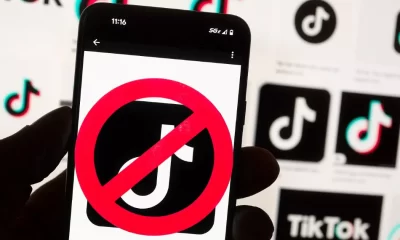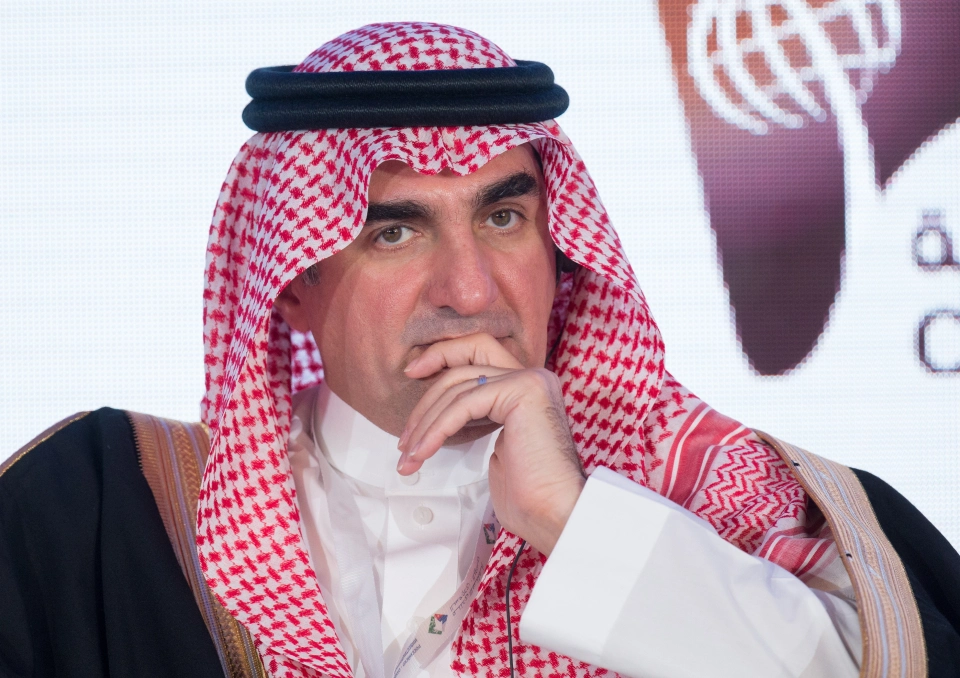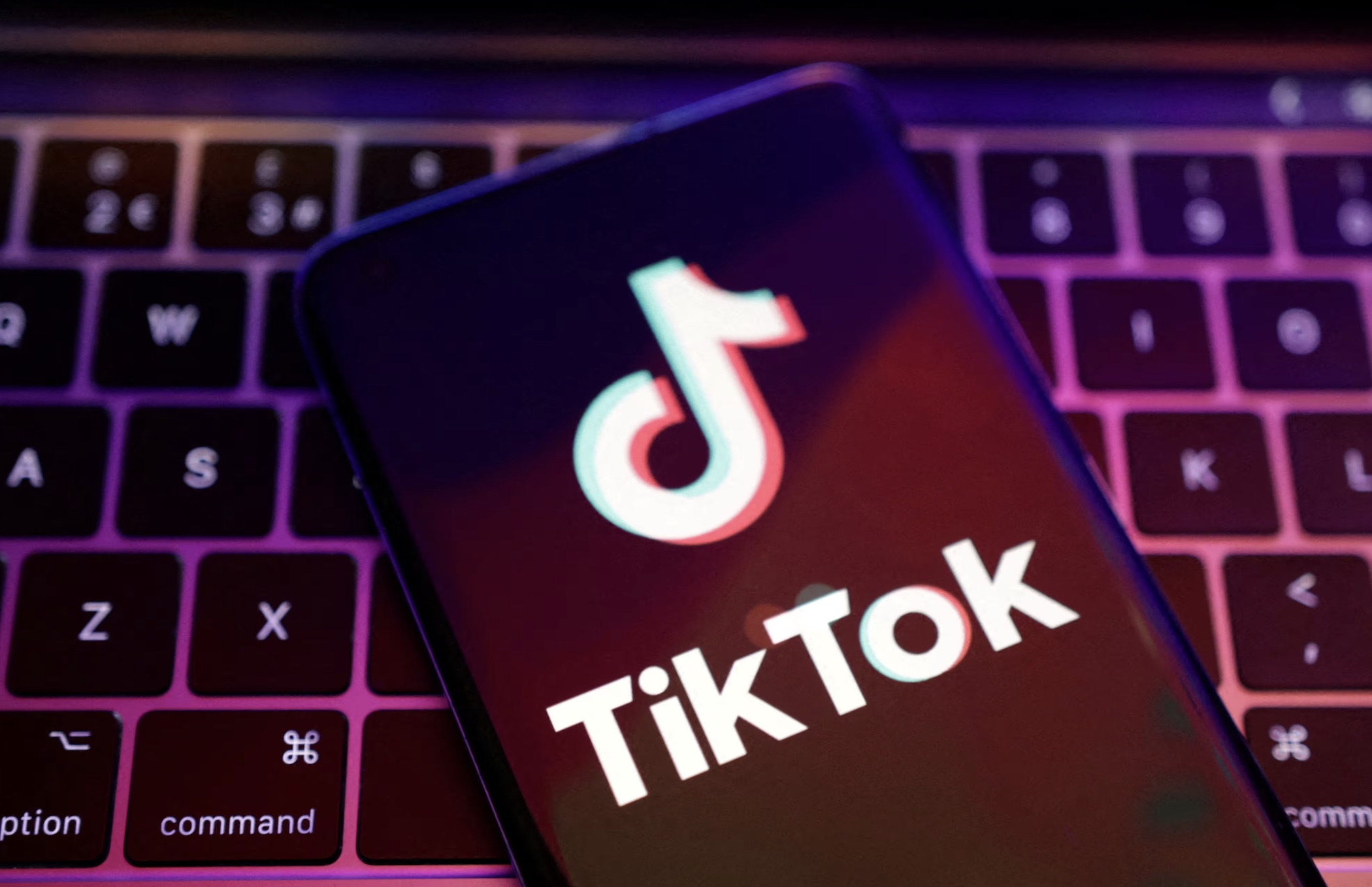A Saudi Arabian led consortium has completed a £300 million takeover of Newcastle United, 18 months after it was proposed to the Premier League
Saudi Arabia now owns an 80% stake in Newcastle United. David and Simon Reuben, British property developers, and PCP Capital Partners, based in Dubai, each own 10%.
“All parties have agreed the settlement is necessary to end the long uncertainty for fans over the club’s ownership,” a Premier League statement said.
“The Premier League has now received legally binding assurances that the Kingdom of Saudi Arabia will not control Newcastle United Football Club.”
Yasir al-Rumayyan, Governor of the 500 billion USD Saudi Arabian Public Investment Fund (PIF), will be a director, and The Guardian has reported Commerce Minister Majid bin Abdullah al-Qasabi played a key role in securing the takeover.
Amanda Stavely, a British businesswoman and partner in PCP Capital Partners, will also be on the board of directors.
Sacha Deshmukh, Amnesty International UK’s CEO, released a statement saying the takeover must prompt changes to the ownership rules in English football to stop ‘sportswashing’ by foreign governments.
“The closed-door trial of Jamal Khashoggi’s alleged killers was widely perceived to be a part of a wider whitewash by the authorities, and Saudi Arabia is accused of a catalogue of crimes under international humanitarian law during the long-running conflict in Yemen,” Deshmukh said.
“Instead of allowing those implicated in serious human rights violations to walk into English football simply because they have deep pockets, we’ve urged the Premier League to change their owners’ and directors’ test to address human rights issues.”
Hatice Cengiz, the widow of Slain Saudi Arabian journalist Jamal Khashoggi, has called the takeover “horrifying”.
Khashoggi was a fierce critic of the Saudi government and Crown Price Mohammed Bin Salman before his 2018 murder in the Saudi Arabian embassy in Turkey.
Mike Ashley bought Newcastle United for £137 million in 2007 from Freddy Shepherd and Sir John Hall.



 Shows4 days ago
Shows4 days ago


 News5 days ago
News5 days ago


 Shows22 hours ago
Shows22 hours ago


 News4 days ago
News4 days ago


 News3 days ago
News3 days ago


 News4 days ago
News4 days ago


 News4 days ago
News4 days ago


 News3 days ago
News3 days ago












